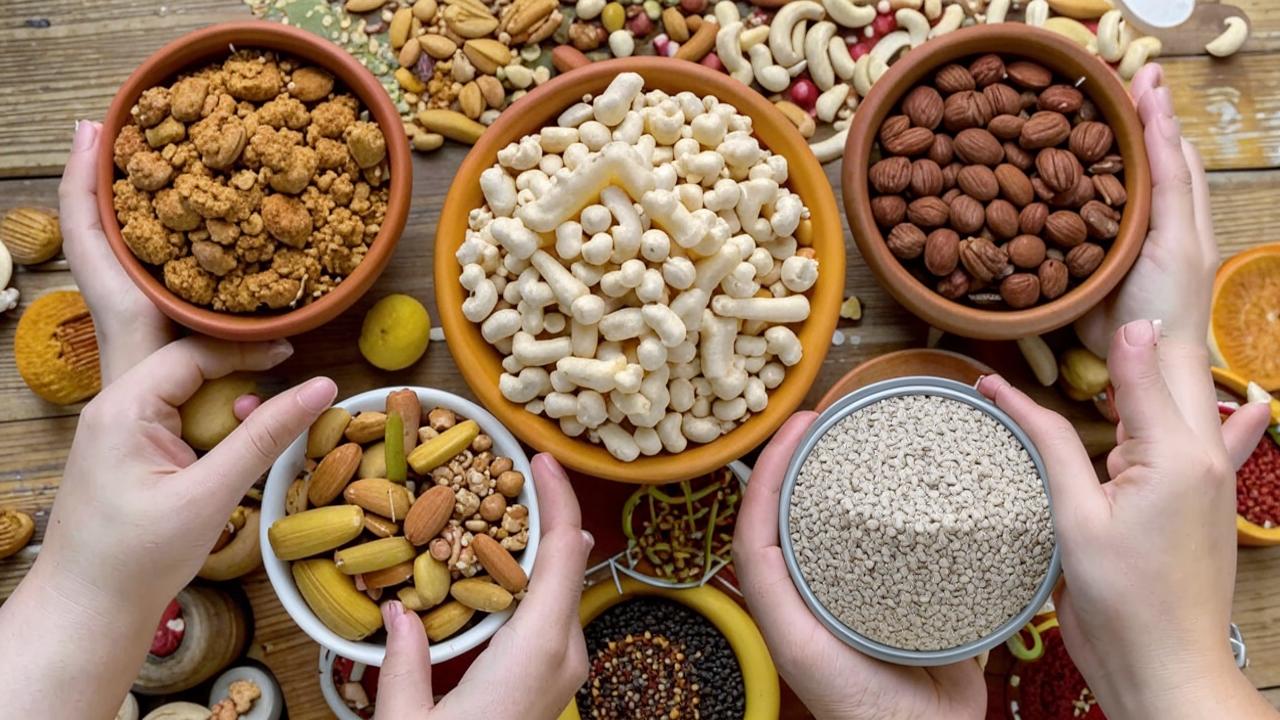During the period of Lent, many people wonder whether a particular product is allowed during their diet. Today we will tell you whether you can eat eggs.
The main rule of the diet during Lent is the absence of animal protein in the diet. The only exception is fish and seafood. They are allowed to eat, but only on certain days of fasting.

All kinds of meat, poultry, dairy and sour-milk products, various sweets and, of course, eggs are forbidden.
For reference: one egg of the first category (55-65 g) contains 6-7 g of protein.

Doctor-dietitologist of the medical center “Medscan”
“This product can be replaced. For example, in baking, flax seeds are suitable for this: they need to be ground in a coffee grinder, pour boiling water and let infuse. Two tablespoons of this mixture is equivalent to one egg.
Flax seeds serve to glue the ingredients in the dough. Also in baking, you can replace the egg white with a banana or with a decoction of legumes, such as chickpeas. Three tablespoons of such a mixture or half a fruit is equal to one egg.
To avoid a deficiency of certain nutrients, during Lent you should give preference to protein from plant foods.
The best source of it are legumes: these are various types of beans, lentils, soybeans, peas, chickpeas, mung beans. Each of these products can become both a main dish, for example, in combination with vegetables, and one of the ingredients for preparing side dishes and salads.

Various cereals are also rich in protein, as well as important micro- and macronutrients for health. The champions in the content of the substance necessary for cellular structure are buckwheat and quinoa. Oatmeal and brown rice are also good choices.
Nuts and seeds during fasting are also allowed, there is a great variety of them. Each type of fruit is not only a good source of protein, but also important vitamins, minerals and fatty acids. Among them are potassium, magnesium, phosphorus, calcium, selenium, iron, manganese, nickel, vitamins B1, B2, PP, E.
Protein is also contained in mushrooms, they are even often called the “meat” of vegetarians. Although they are not distinguished by record indicators for the content of this substance, but have a rich amino acid composition. However, it is better not to lay on this product, as it is hard to digest and can cause unpleasant symptoms.
Some vegetables, such as broccoli, spinach and Brussels sprouts, are also a good source of vegetable protein for people who are fasting. They are also rich in vitamins, minerals and antioxidants.
Most sweets are forbidden in Lent because they contain milk, dairy products or eggs in their composition. They can be replaced, for example, with honey or candied fruits.

In addition to protein, eggs are rich in fat. A good source of it is avocado. By the way, it is excellent for breakfast in combination with, for example, protein-rich quinoa porridge.
And is there a plant product that is almost identical to eggs in nutritional composition? Unfortunately, no.
As far as plant products are concerned, flax seeds are the most similar in nutritional composition to eggs. They contain fatty acids of good enough quality, but they are not analogous to fats from animal products.
Replacing eggs with vegetable products, you should give preference to nuts, mushrooms, legumes. As for fats, they are flaxseed oil, as well as oils that contain lecithin: soy and ordinary vegetable oil, but not refined, and cold-pressed.





